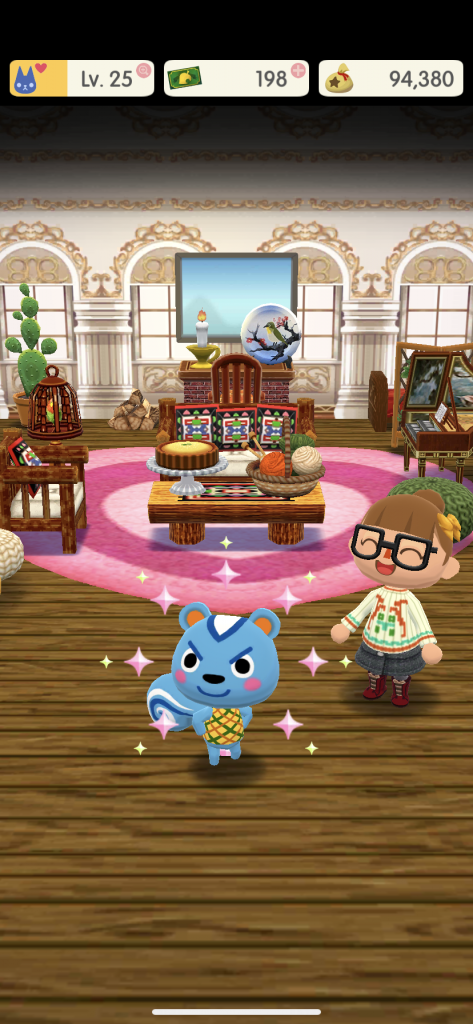Even Today There is this expectation that we have to educate the people that oppress us. Whether if we’re educating these oppressors on race, gender, or even class; it is a major issue that needs to change. Audre Lorde explores these ideas in the Sister outsider chapter “Age, Race, Class, and Sex: Women Redefining Difference” Lorde discusses the idea of oppression through some of her personal experiences in order to show how people can attempt to make a change.
Lorde explains the impact that oppression has on several communities of people, and how it can affect them negatively. Lorde states “Black and Third World people are expected to educate white people as to our humanity. Women are expected to educate men. Lesbians and gay men are expected to educate the heterosexual world” (p.115). A major question that could be asked is why are the people being oppressed expected to go out of their way to drain themselves in order to make everyone around them understand them? Why do they have to go through that effort? It isn’t realistic to just expect these oppressors to understand their mistakes automatically. The oppressed people might have to give their oppressors a little insight on why they are wrong, but it shouldn’t be entirely their responsibility. There is also the possibility that someone who is known as an oppressor might not want to change their ways, learn, or open their mind up to differences. Even though that might be hard to hear, we have to accept that we can’t always change oppressors minds.
There are also several other methods that could be considered when thinking about helping educate others. Today people don’t always have to take on the role of being an educator on others oppressive mistakes. In the digital age we live in today there are several different resources at our fingertips, and the concept of oppression is also discussed a lot more than it was in the past. Oppressed people can help educate others by finding valuable sources such as YouTube videos, podcasts, blog posts online, documentaries, or even books. These different sources are valuable to point someone in the right direction, but won’t have all the answers. The oppressors might still be confused or have questions after visiting these various sources. It is important to be open to answering their questions even if it is frustrating knowing some of these topics might seem like common knowledge to you. It is important because if their questions go unanswered, they might go in the opposite direction, and ignore what they have learned.
Ultimately there are three ways to handle the differences that we have. Lorde states “we have all been programmed to respond to human differences between us with fear and loathing and to handle that difference in one of three ways: ignore it, and if that is not possible, copy it if we think it is dominant, or destroy it if we think it is subordinate”(115). These different ideas of how to deal with differences aren’t effective. Realistically we can’t just ignore these different ideas just because we don’t understand them. The only one to understand, and to conquer these issues is to face them head-on. We have to accept that as people that we are different, that we might not see eye to eye on all our differences, but we will make an effort to try to understand, and accept all people. Lorde says “Too often we pour the energy needed for recognizing and exploring difference into pretending those differences are insurmountable barriers, or that they do not exist at all. This results in a voluntary isolation, or false and treacherous connections” (115). It is ignorant to think that we are all the same, or that there are no differences in the world. The truth is there is plenty of differences around us, and we have to accept that. We don’t have to accept it all at once, but we should take time to digest these differences, and realize that we can do better. We can do better by equally putting in the effort to learn, and teach others how to not oppress the diverse people around us. If we all work together a lot more can be achieved in the end.
Discussion Questions
- Lorde discusses how she had to educate her teachers who dismissed her children’s culture at school. Has there ever been a time in your life where you had to educate someone on a difference, or have you ever witnessed someone educating someone on a difference that they had?
- Do you think social media has made it easier for people who aren’t going through the differences that were discussed in this chapter to ultimately educate themselves, and or accept others? Or what kind of impact do you think social media makes on the oppression of what society sees as different people?
Lorde, Audre. Sister Outsider : Essays and Speeches. Trumansburg, NY :Crossing Press, 1984.

